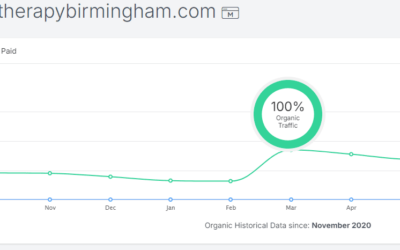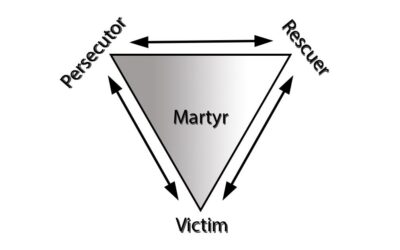Can I change my Brain if I …?

Neuroplasticity, the brain’s ability to reorganize and form new neural connections throughout life, has revolutionized our understanding of brain function and potential. In the field of brain-based medicine, harnessing neuroplasticity has become a key focus for promoting brain health, enhancing cognitive function, and supporting recovery from brain injuries and neurological conditions. This article explores the promise of neuroplasticity in brain-based medicine and how it is being utilized to optimize brain function.
The Principles of Neuroplasticity
- Adaptability: Neuroplasticity allows the brain to adapt to new experiences, learn new skills, and compensate for injury or disease.
- Activity-Dependent: Neural connections are strengthened or weakened based on the frequency and intensity of their use. This “use it or lose it” principle highlights the importance of mental stimulation and targeted interventions.
- Lifelong Potential: While neuroplasticity is most pronounced during early development, the brain maintains the ability to reorganize and form new connections throughout life, offering hope for continued growth and recovery.
Neuroplasticity in Brain-Based Medicine Applications
- Cognitive Enhancement: Brain-based medicine approaches, such as cognitive training and neurofeedback, leverage neuroplasticity to enhance attention, memory, and executive function. By repeatedly engaging specific neural networks, these interventions aim to strengthen and optimize cognitive processes.
- Rehabilitation: Neuroplasticity plays a critical role in recovery from brain injuries, strokes, and neurological conditions. Brain-based medicine practitioners utilize targeted therapies, such as constraint-induced movement therapy and mirror therapy, to promote adaptive neuroplasticity and support functional recovery.
- Mental Health: Neuroplasticity-based interventions, such as cognitive-behavioral therapy and mindfulness training, have shown promise in treating mental health conditions like depression, anxiety, and PTSD. By promoting the growth of new neural connections and modifying maladaptive patterns, these approaches aim to support emotional well-being and resilience.
- Addiction Treatment: Neuroplasticity is a double-edged sword in addiction, as it can reinforce addictive behaviors but also support recovery. Brain-based medicine approaches, such as neurofeedback and cognitive-behavioral therapy, aim to rewire neural circuits associated with addiction and promote the development of healthier patterns.
- Neuroprotection: By harnessing neuroplasticity, brain-based medicine practitioners aim to build cognitive reserve and protect against age-related cognitive decline and neurodegenerative diseases. Engaging in mentally stimulating activities, physical exercise, and social engagement has been shown to support brain health and resilience.
While the promise of neuroplasticity in brain-based medicine is exciting, it’s important to approach these interventions with realistic expectations and under the guidance of qualified professionals. The brain’s capacity for change is not limitless, and individual responses to neuroplasticity-based interventions can vary.
As research continues to unravel the intricacies of neuroplasticity, brain-based medicine practitioners are at the forefront of translating these discoveries into effective, personalized interventions. By harnessing the brain’s remarkable ability to rewire itself, brain-based medicine holds the potential to optimize cognitive function, promote emotional well-being, and support recovery from a range of neurological challenges.
Types of Therapy
























0 Comments